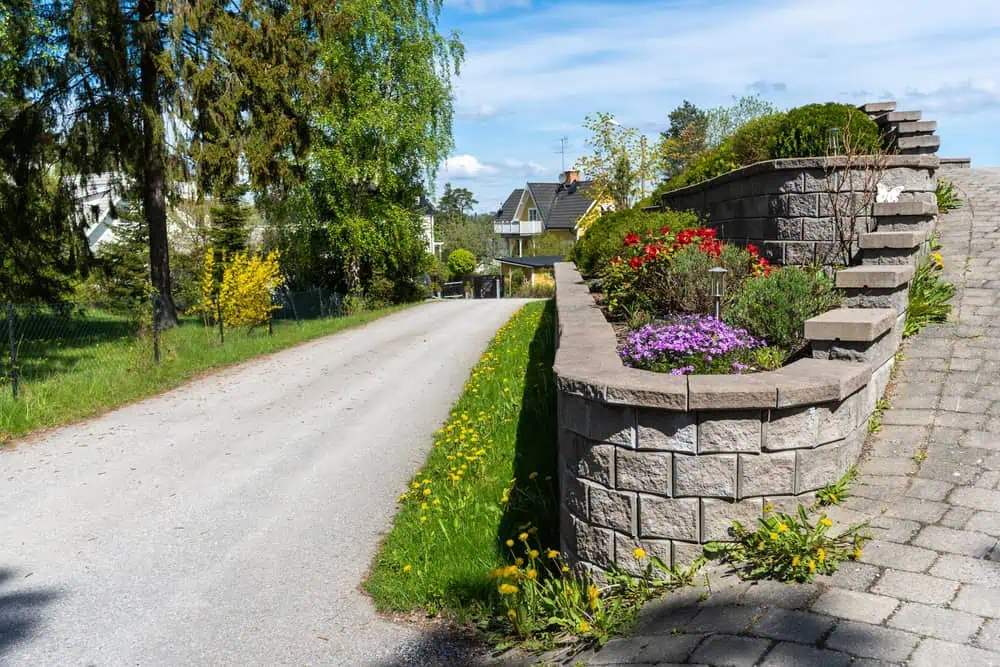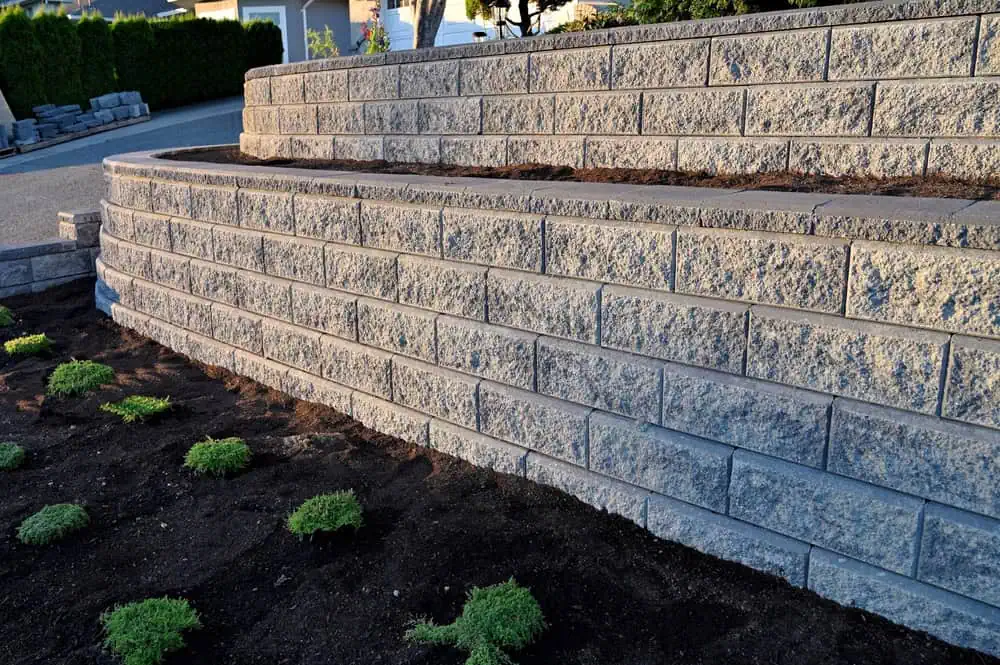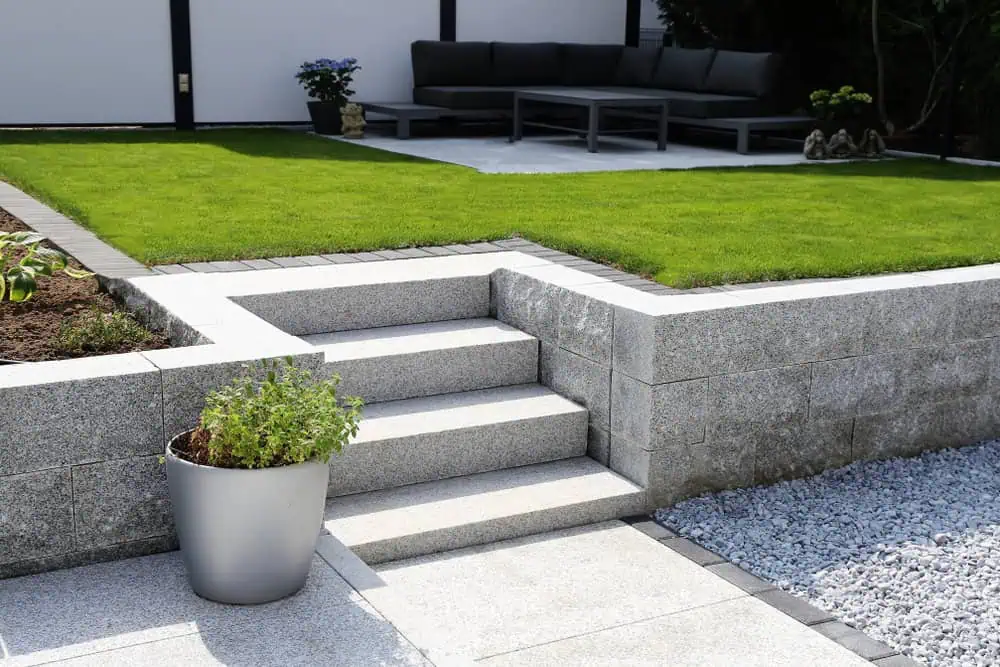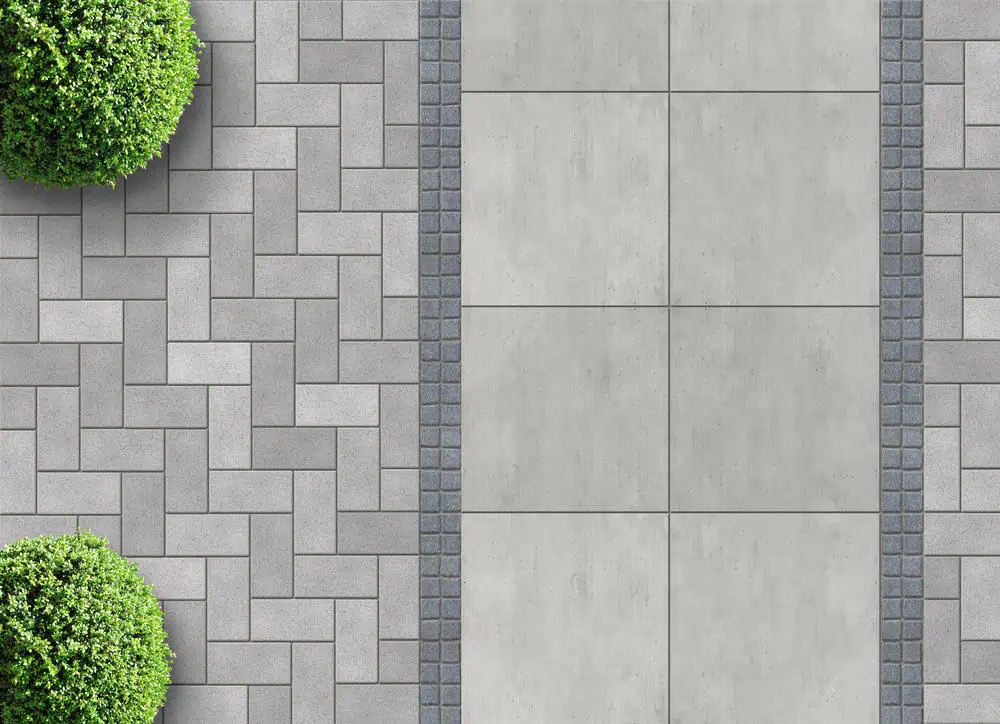Quality masonry that withstands New England winters and increases your property value.


Your property becomes more valuable, more secure, and more beautiful when the stonework is done right. No more worrying about water seeping through cracked mortar during spring thaws. No more wondering if that settling crack means serious structural problems.
You get masonry work that looks intentional, not patched. Materials that match your existing architecture instead of standing out like a sore thumb. Most importantly, you get peace of mind knowing the work will hold up for decades, not just until the next harsh winter.
When masonry contractors understand both the craft and the local climate, your investment pays dividends. Better curb appeal, stronger structural integrity, and protection from the moisture problems that can turn small issues into expensive headaches.
Academy Masonry has been serving Lincoln Center and the surrounding Massachusetts communities with honest masonry work that lasts. We understand what New England weather does to stonework, and we know how to build and repair masonry that stands up to it.
Our team focuses on getting the details right the first time. Proper mortar selection for the climate, matching materials that blend seamlessly with existing work, and techniques that prevent the water infiltration problems that plague so many properties in this area.
We’re not the cheapest option, and that’s intentional. Quality materials and proper techniques cost more upfront but save you money and frustration over the long term.

First, we assess what you’re dealing with. Not just the obvious damage, but the underlying causes. Water infiltration patterns, structural movement, material compatibility issues. You get a clear explanation of what needs fixing and why.
Next, we plan the work around your schedule and the weather. Masonry work has timing requirements that can’t be rushed, especially in Massachusetts. We explain the timeline upfront so you know what to expect.
During the work, we protect your property and clean up daily. You’ll see progress that looks professional from day one, not a construction disaster that eventually comes together. When we’re finished, the new work integrates seamlessly with the existing structure, and you have stonework built to handle whatever New England weather brings.

Ready to get started?
We handle the full range of masonry work that Lincoln Center properties require. Brick and stone repair, chimney restoration, retaining wall construction and repair, foundation work, and custom stonework for new construction or additions.
For historic properties, we understand preservation requirements and use appropriate materials and techniques that maintain architectural integrity. For newer construction, we focus on durability and design that complements your property’s style.
Every project includes proper preparation, quality materials selected for New England conditions, and workmanship that meets local building codes. We’re familiar with Lincoln Center’s requirements and handle permits when needed. You get masonry work that not only looks professional but performs reliably for decades.
